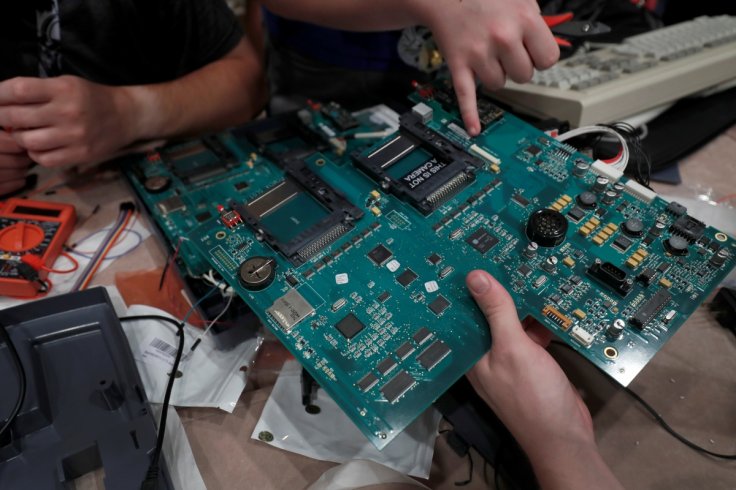The FBI on Tuesday said it regrets not acting against China's intellectual property theft from America as Beijing recruited US-based researchers as part of its state program with attractive pay packages, a senior official said during a Senate testimony.
"With our present-day knowledge of the threat from Chinese plans, we wish we had taken more rapid and comprehensive action in the past," John Brown, assistant director of the Counterintelligence Division at the FBI was quoted as saying to a Senate subcommittee by Reuters. "The time to make up for that is now."
FBI responded too late
Brown's testimony was based on the subcommittee report that said federal agencies were late to respond to the issue of Beijing recruiting researchers resulting in US taxpayers funding China's economic and military growth.

China's state-sponsored 'Thousands Talents Program', established in 2008, aimed to recruit 2,000 international experts in scientific research, innovation, and entrepreneurship. While China ended up recruiting more than 7,000 by 2017, according to the latest reports, the US only took notice of the issue last year and labelled the initiative a threat to national security.
China recruited experts for espionage?
Washington accused Beijing of espionage using the state initiative as luring experts with attractive pay packages and gaining access to advanced technological research. The issue has been raised in negotiations during the ongoing trade war. The Chinese government, however, stated that Washington has 'exaggerated' the issue for 'political reasons' and dismissed the allegations as groundless.

The senator subcommittee asked for recommendations from heads of National Science Foundation, the National Institutes of Health, and the Department of Energy and State Department about the next course of action to counter China's research theft.
Senator Maggie Hassan called for a national strategy against such efforts, "I hope very much that this is one of the first steps we take in developing a real national strategy in combating this because clearly China has a strategy, and we need one of our own," Senator Hassan said.
Chinese threat to US cybersecurity
Huawei Technology, a Chinese telecom and electronic equipment maker, has been the bone of contention between the United States and China after US President Donald Trump's administration blacklisted the company citing national security threats. The US accused China of spying on America and its allies through the devices.
The ban stops American companies from selling technology and other products to Huawei. US policymakers have also advised federal agencies from doing business with the company.

Last week, a New York company, Aventuta Technologies Inc, was charged by federal prosecutors for illegally importing and selling Chinese surveillance and security tools to American customers, including the military, claiming they were made in US.
Chinese surveillance tools illegally imported
Court files revealed that the security tools, under the impression of US-made products, were sold to the US military and installed in dozens of Army, Navy and Air Force bases, Department of Energy facilities as well as on US Navy aircraft carriers. While the company made $88 million since 2010, about $20.7 million came from federal government contracts alone.
The investigation began after a member of an Air Force security unit came across an image of the Chinese Ministry of Public Security logo on 25 body cameras sold by the company. A software analysis found that the camera's manufacturer in China had been aware that the US Air Force was the intended for end-user of the camera.









